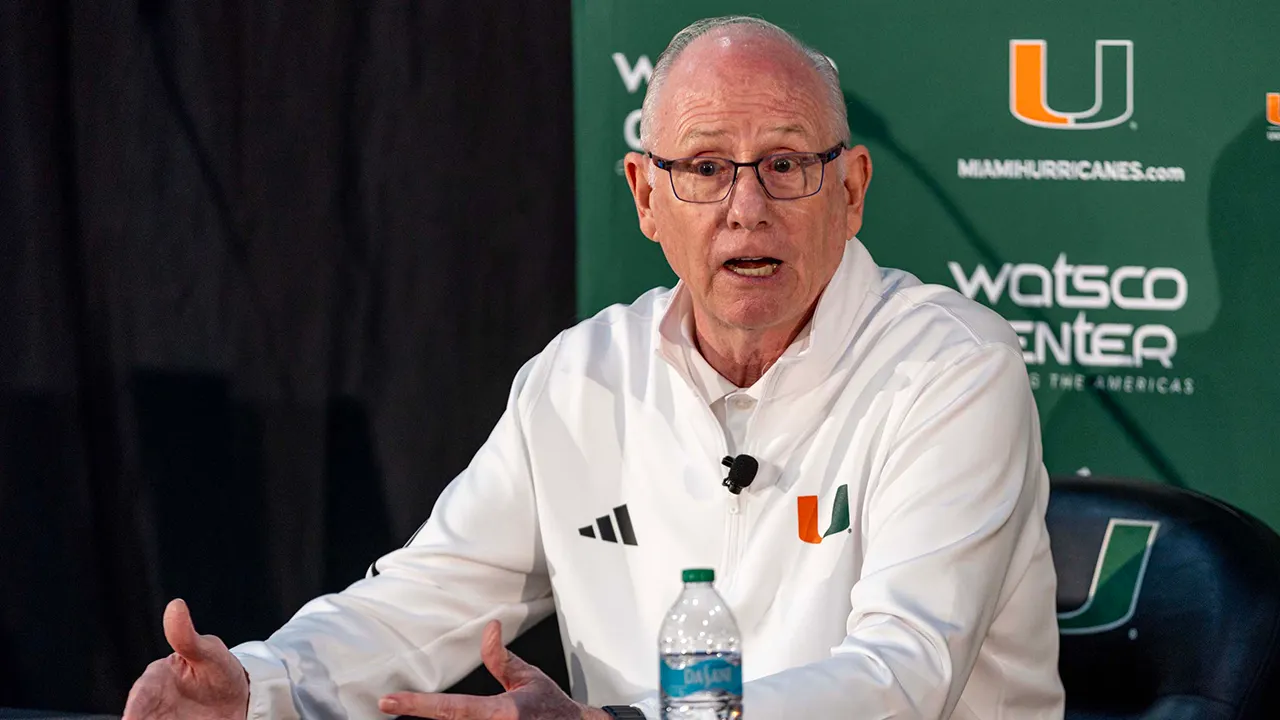UK electric vehicle start-up Arrival is putting its bus and car projects on hold as it seeks to slash costs by a third and focus on production of its debut van to generate revenues, just over a year after it went public on Wall Street.
The London-based company is delaying trials of its bus and pausing development work on its car project, according to three people familiar with the matter.
Arrival is one of more than a dozen new entrants to the motor industry to list by merging with a special purpose acquisition company within the past two years. But almost all of the new businesses have struggled while initiating vehicle manufacturing, forcing them to cut production targets.
Arrival shares have lost more than 90 per cent of their value since the company listed in March last year. Its fall has coincided with a chilling of the global Spac market as interest rates rose and stock markets faltered.
The company was founded to develop zero emission vans and buses, but has expanded into other segments in efforts to widen its appeal and tap into the growing global market for electric vehicles.
Last year it announced plans to build a passenger car designed for ride-hailing and brought across senior Uber executive Tom Elvidge to help run the programme. The car, designed by Arrival in collaboration with the ride-hailing group, was due to enter production late in 2023, Arrival said at the time.
Last month, the group announced plans to cut its workforce by a third in order to preserve its dwindling cash pile and focus on production of its first electric van, which is expected to start in the autumn. The review will conclude in September.
As a result of the review, the car project has been paused, though it may be revived once the company has begun producing revenues, one person said. The programme was further behind the bus or van projects, having so far produced a prototype model.
Its bus project, which was further ahead and had received European certification, has also been paused and trials with potential customer First Bus pushed back.
Both decisions will allow Arrival to focus on getting the van into production, two of the people said. Around 800 jobs are at risk across its business, out of a global headcount of 2,700.
Arrival, which is due to release half year earnings next week, declined to comment.
The company says it has up to 20,000 orders from delivery group UPS for its electric delivery van, which is the first product it will make.
The start of van deliveries, expected in the third quarter, will help the business to begin generating its first revenues since it floated.
Like many of the newly-listed electric vehicle start-ups, Arrival has seen its shares fall significantly since floating, as investor sentiment over prospects for new entrants cools.
Making vehicles has proven to be a challenge for many of the new entrants to the market, with Lucid, Rivian and Arrival all delaying or slowing early production.
Lucid, which also listed through a Spac, on Wednesday cut its expected production for the second time, to 6-7,000 vehicles, compared to its original plans for 20,000 cars.
Arrival earlier this year said that its first US plant would open later than expected and said that deliveries would begin from its UK facility in Bicester, Oxfordshire.
The company plans to use small scale “microfactories” for production without needing the large investments of a traditional car plant.





















Discussion about this post